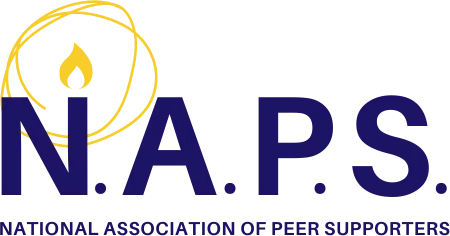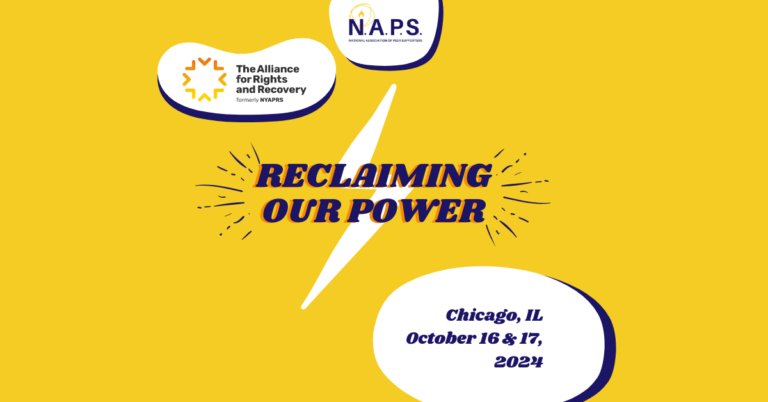2024 Conference Registration and Call for Proposals
We’ll delve into the power of reclaiming our narratives, our agency, and our futures. Together, we’ll explore how peer support empowers us to overcome obstacles, advocate for change, and create a more inclusive and equitable world. Registration open now. Workshop proposals sought.

